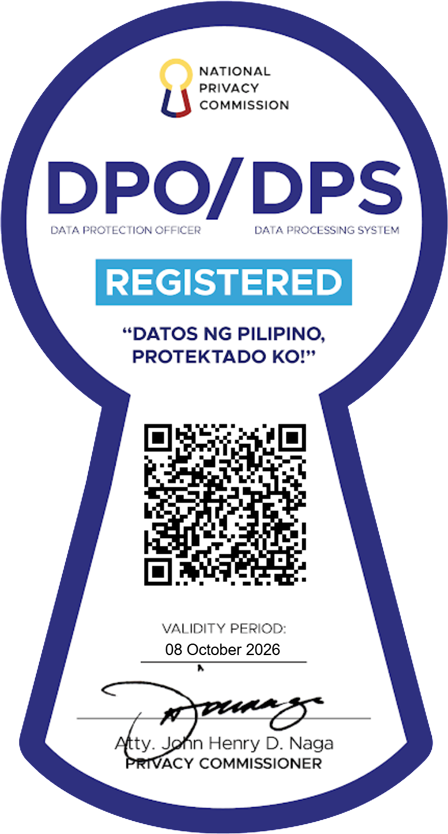Balancing Faith and Family Planning: Navigating Personal Beliefs
Estimated reading time: 8 minutes
Key Takeaways
- Family planning in the Philippines is deeply influenced by cultural and religious values.
- Access varies significantly across different regions, emphasizing the need for localized strategies.
- Education and advocacy are key to improving the availability and acceptability of family planning methods.
- The role of community support and policy reforms is crucial in addressing barriers.
- Empowering individuals with knowledge and resources promotes informed and respectful health choices.
Table of contents
Introduction: The Interplay Between Family Planning and Personal Beliefs in the Philippines
Balancing faith with family planning in the Philippines requires an appreciation of diverse beliefs and cultural values. For many Filipinos, decisions about family planning are deeply intertwined with spiritual and ethical considerations. Recognizing the variety of family planning methods and how they align with personal beliefs enables individuals to make informed choices that respect both their health needs and cultural values. Learn why culturally sensitive family planning choices are crucial here.
Understanding Family Planning in the Philippines
Family planning serves as a strategy for achieving desired family size and child spacing, which is paramount in managing both individual family units and broader demographic trends. In the Philippines, access to family planning services varies, with significant disparities noted across different regions. Here’s a closer look at the available methods and the challenges many face in accessing these services here.
Birth Control Pills and Methods
Birth Control Pills
Contraceptive pills like levonorgestrel and ethinyl estradiol are widely used in the Philippines due to their effectiveness and affordability (Source). However, it’s crucial to consult healthcare providers to choose the right pill based on health needs and potential side effects such as headaches or nausea, which are generally manageable.
Alternative Birth Control Methods
Aside from pills, Filipinos have access to various contraception methods including condoms, IUDs, and contraceptive implants here. Each has different safety profiles, costs, and effectiveness rates, especially in emergency situations like the Yuzpe method for emergency contraception here. Accessibility still remains a challenge, particularly in rural areas (Source).
Sexual and Reproductive Rights and Health
Access to comprehensive reproductive health services is fundamental to the well-being and empowerment of individuals and communities. In the Philippines, uneven access and cultural barriers often complicate the delivery of these essential services.
Reproductive Health
Reproductive health involves more than just the absence of disease. It encompasses complete physical, mental, and social well-being in all matters relating to the reproductive system. Challenges remain in the comprehensive delivery of these services, particularly in more conservative or rural areas here.
Sexual Health
The significance of sexual health education cannot be overstated, as it plays a critical role in preventing STIs and unplanned pregnancies, and promoting healthy relationships here. Enhancing access to these services requires ongoing advocacy and education efforts here.
Addressing Barriers to Family Planning Access
Access Obstacles
Navigating the obstacles to accessing contraceptives, whether they be financial, geographical, or regulatory, is crucial for improving public health outcomes. Strategies to overcome these barriers include policy reform, community-based health education, and improving healthcare provider training.
Affordability of Family Planning Services
Despite improvements, affordability continues to be a significant barrier for many Filipinos. Initiatives aimed at reducing costs and improving access are essential in promoting equitable healthcare across the country here.
Empowering Individuals in Reproductive Health
Education and Awareness
Educational initiatives play a crucial role in empowering individuals to make informed reproductive health decisions. Increased knowledge leads to improved health outcomes and reduced disparities.
Community and Advocacy Support
Support from community groups and advocacy organizations is vital for sustaining progress in sexual and reproductive health. These groups provide essential services and advocate for rights and access at both local and national levels.
Conclusion: Harnessing Information for Empowered Choices
Navigating the complexities of balancing faith with family planning demands access to comprehensive and culturally sensitive information. It’s vital for individuals and communities to engage in open discussions and utilize trustworthy resources such as TRUST ph, which is at the forefront of promoting sexual and reproductive health and rights in the Philippines.







